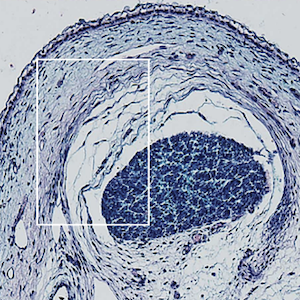Original Articles
15 October 2025
Vol. 62 No. 4 (2010)
Study on the possible role of the -174G>C IL-6 promoter polymorphism in predicting response to rituximab in rheumatoid arthritis
Publisher's note
All claims expressed in this article are solely those of the authors and do not necessarily represent those of their affiliated organizations, or those of the publisher, the editors and the reviewers. Any product that may be evaluated in this article or claim that may be made by its manufacturer is not guaranteed or endorsed by the publisher.
All claims expressed in this article are solely those of the authors and do not necessarily represent those of their affiliated organizations, or those of the publisher, the editors and the reviewers. Any product that may be evaluated in this article or claim that may be made by its manufacturer is not guaranteed or endorsed by the publisher.
2119
Views
855
Downloads










